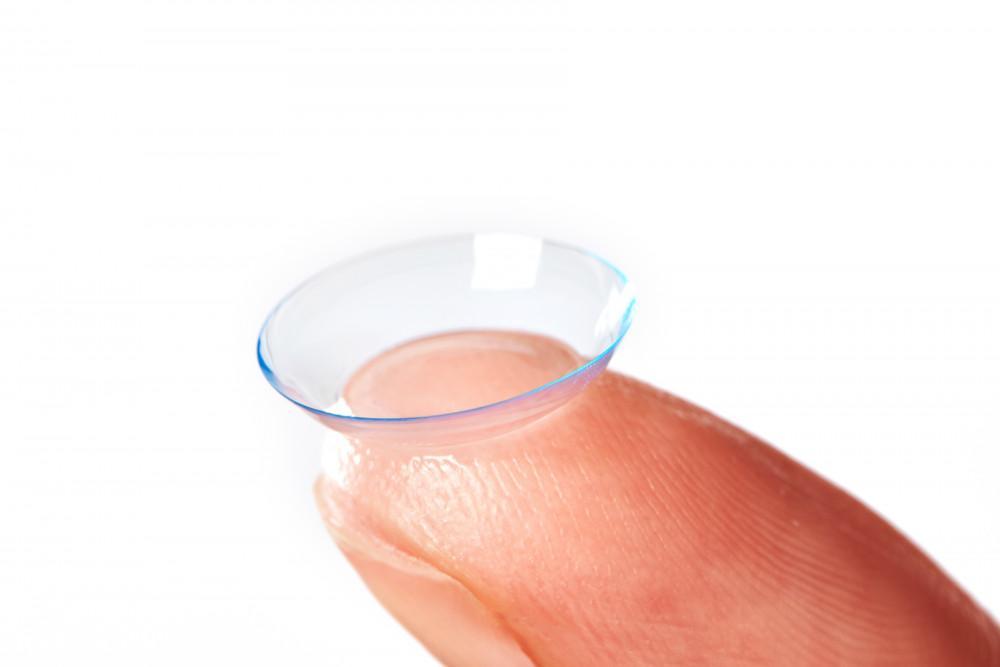
When Is the Right Time for Cataract Surgery?
Cataracts are common age-related eye condition. Treatment through cataract surgery is highly successful and safe, but how do you know the right time to have surgery? Can you wait too long to have the procedure? Keep reading to learn more!
Jan 27th, 2026



















